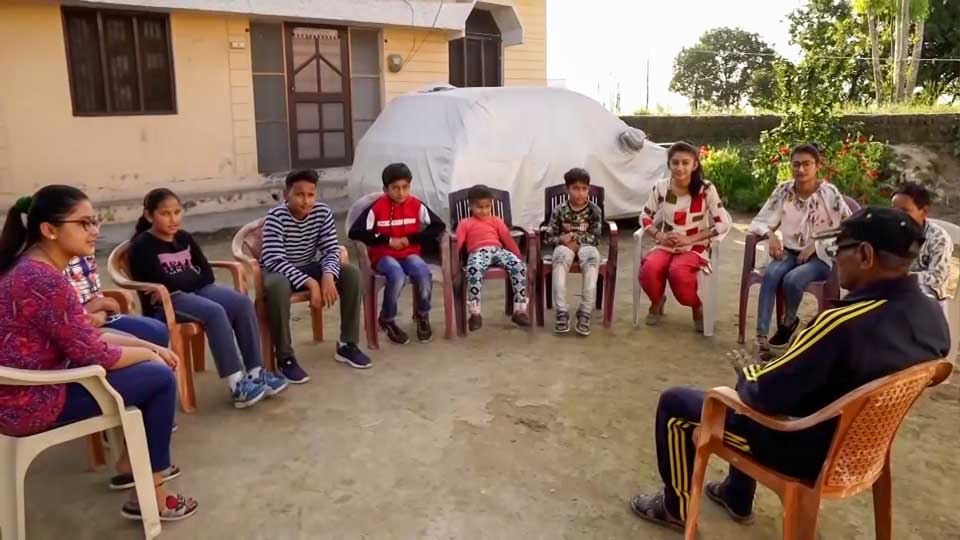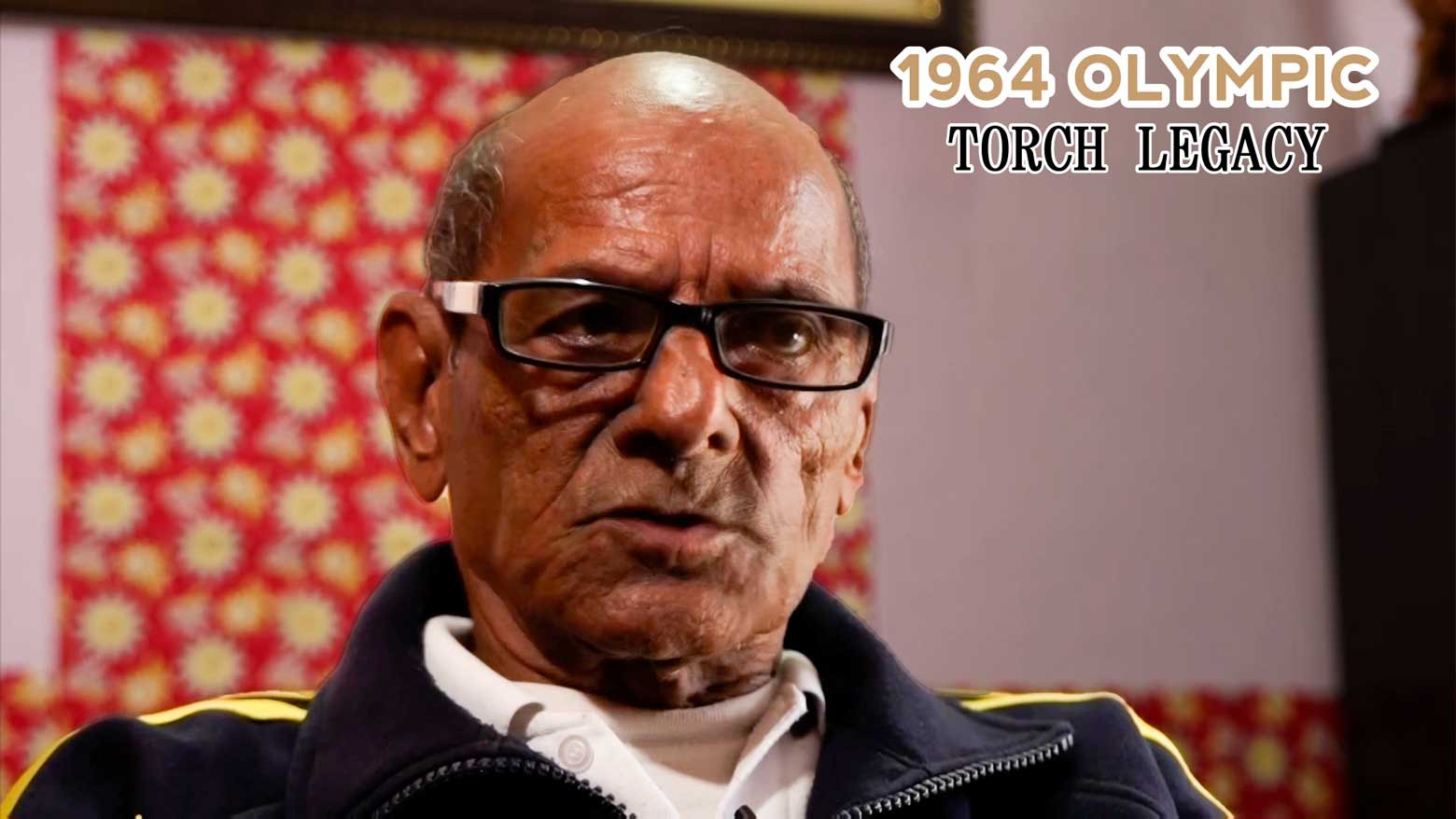Trilok Singh was one of over 50 Olympic torchbearers who ran through downtown New Delhi in August 1964. The relay was especially emotional for him because the Tokyo Games would be his first Olympics. But the path to the glory wasn't always an easy one.
Eyeing Olympic glory
Singh started his sports career in the military, after enlisting at the age of 15. He soon stood out in a variety of sports, most notably gymnastics, and began to feel the tug of Olympic ambition. He set his sights on taking part in the 1960 Games in Rome.
His country has a long Olympic history. India was the first in Asia to send athletes to the Games — participating in Paris in 1900. But after winning independence from Britain in 1947, India struggled with poverty and food shortages, and couldn't spend much on sports.
The government slashed the budget for its Olympic delegation and scaled down its size just before the 1960 Rome Games. Singh and his gymnastic teammates were among those to lose out.
"Naturally, we were disappointed and sad," says Singh, who was 27 at the time and worried he might have missed his shot. "I was worried I was getting older and my performances would start to decline."
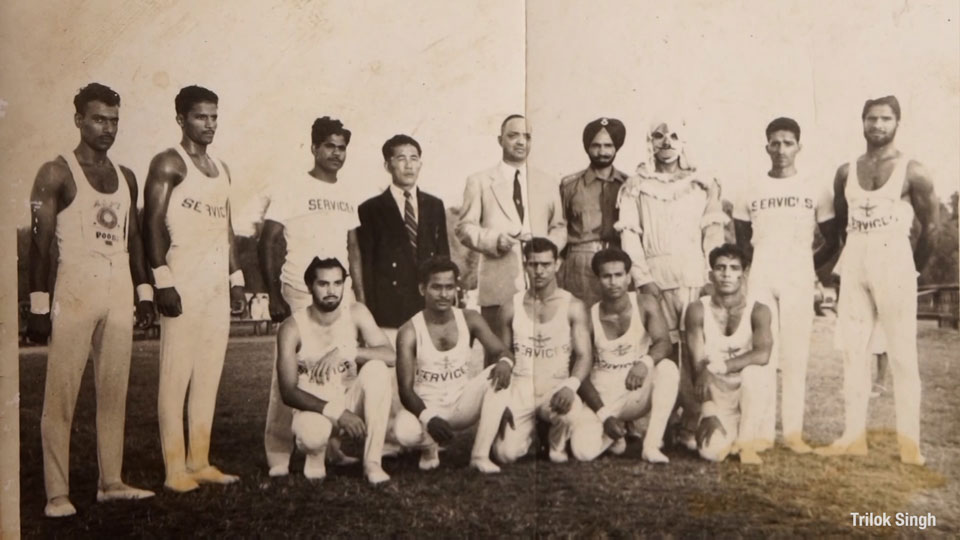
Uncertainty ahead of Tokyo Games
Two years later, tensions with neighboring countries threatened to scupper his next shot. In 1962, conflict broke out with China on the Himalayan border. It would end up claiming over 2,000 lives.
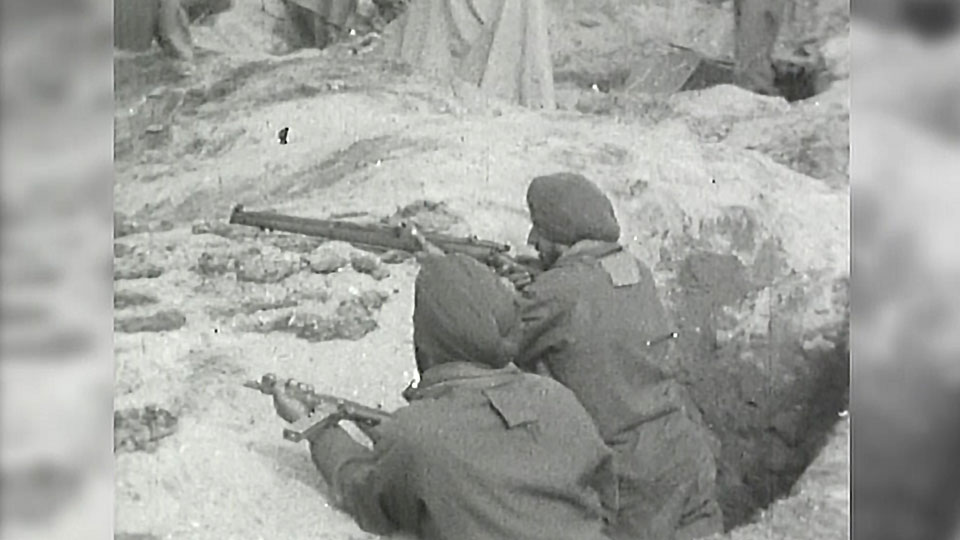
"I was very worried during the India-China war. We felt no hope, only uncertainty. Anything could happen at any time," he says.
But the conflict lasted only a month, and though regional tensions remained high, Singh finally got his ticket to the Olympics.
"The Olympic Games were going to be held in Asia for the first time and I was going to be a part of them. It felt fantastic, I was really happy," Singh says.
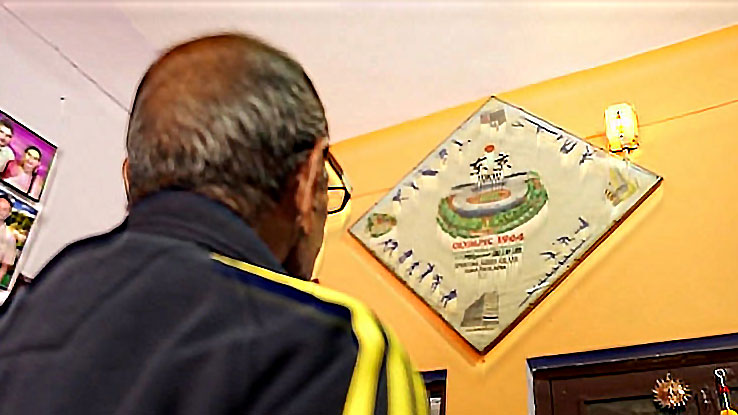
Overwhelming support
The Olympic flame arrived in New Delhi about a month before the opening of the Tokyo Games. Singh was chosen to be one of the torchbearers. He says people applauded the runners along the whole route.
"I was overwhelmed when I saw the torch. It was the first time for me to see the Olympic flame. I felt great to know we could help get it all the way to Tokyo," he says.
Singh says holding the torch convinced him that he was finally going to participate in the Olympics after years of anxiety. "I felt we will get to see this flame again at the Olympic stadium. I was happy and excited about it."
Singh and 52 other athletes represented India in Tokyo that October. And while Singh missed out on a medal, his compatriots won gold in hockey.
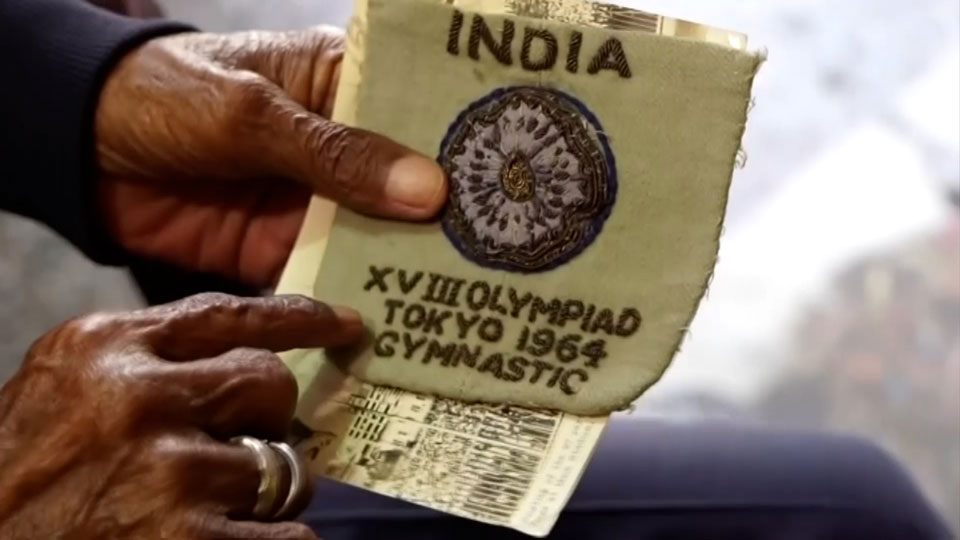
Looking to the future
Singh went on to coach the next generation of athletes. Now retired, he marvels at the changes since his day more than 50 years ago, saying that "everything is better now. Athletes have access to world-class training facilities and excellent coaches." And they may soon get the chance to compete in an Olympics on home soil. The country that once couldn't afford to send Singh to Rome in 1960 is now mulling a bid to host the event in 2032.
